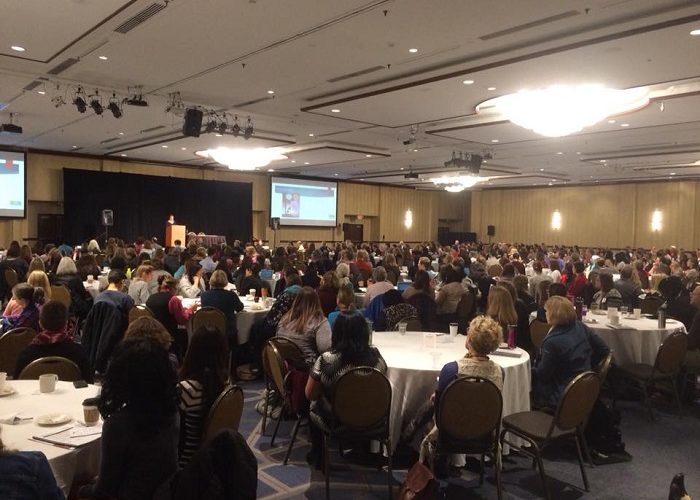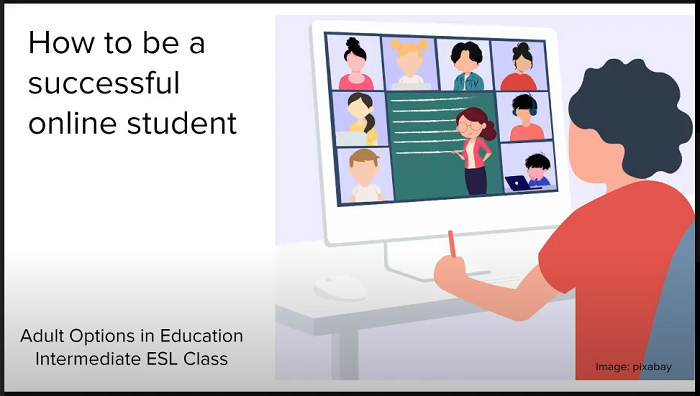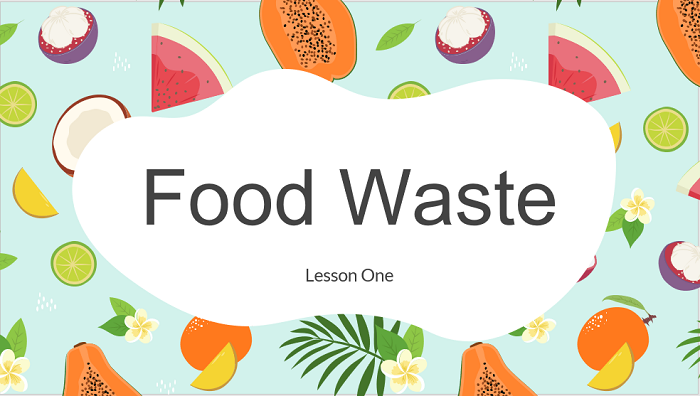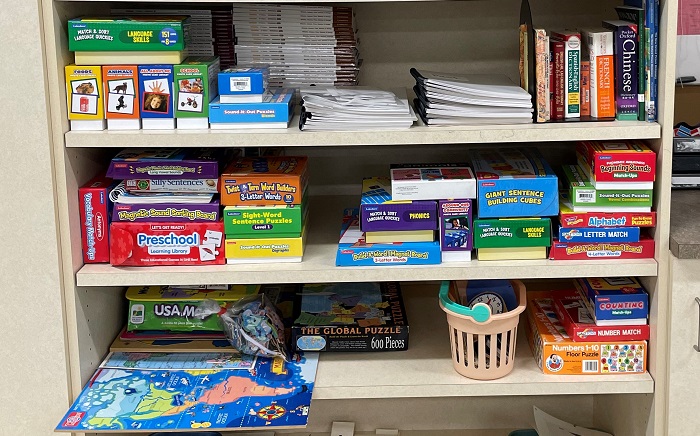ESL
Recent Newsletter Articles

Attention ESL Teachers: a Fall Conference for YOU!
Do you teach adults whose first language is not English? Interested in connecting with others who work with immigrants and refugees, across all ages of learners and contexts for ESL? ATLAS is providing scholarships to attend the state ESL conference (MELEd), live and in-person under strict COVID precautions, at the St. Paul RiverCentre on November 18-19, 2022! Read More

Attention ESL Teachers: a Fall Conference for YOU!
Do you teach adult English learners? The MELEd (Minnesota English Learner Education) conference is the state's premiere professional gathering for anyone who works with English language learners. This year, MELEd will be held *IN PERSON* at the St. Paul RiverCentre on November 18-19, 2022. Consider presenting; proposals are due June 16! Also, read on to find out about an opportunity to receive funds to attend MELEd this year! Read More

ESL Resource Library to the Rescue!
Adult English language teachers can spend hours of their valuable planning time sorting through online resources, looking for ones that are appropriate and helpful for their particular adult learners. What teacher has time for that?! The ATLAS ESL Resource Library is ready to come to the rescue! Read More

Project-Based Learning in Action: How to Be a Successful Online Student – Part 2
Instructor Dan Bruski describes how he led his low-intermediate ESL students through a project-based learning activity around composing a list of rules and expectations for their online class. The culmination of the lesson was the creation of a video on "How to be a successful online student," which has an authentic use for orienting new students. Read More

Teaching Citizenship? We’ve Got Resources for You!
From our annual citizenship webinar, to support materials for the 100 questions and lessons on voting for after citizenship is achieved, Literacy Minnesota has lots of resources to help teachers and volunteers to support learners in reaching this life-changing goal. Read More

Project-Based Learning in Action: How to Be a Successful Online Student – Part 1
Instructor Dan Bruski describes how he led his low-intermediate ESL students through a project-based learning activity around composing a list of rules and expectations for their online class. The culmination of the lesson was the creation of a video on "How to be a successful online student," which has an authentic use for orienting new students. Read More

Engage Learners in Preventing Food Waste
Save the Food! – a free curriculum developed by public health practitioners who specialize in cross-cultural and immigrant health – provides interactive instruction, games and exercises that deliver both useful language instruction and relevant environmental health information, enabling learners to identify and prevent food waste as well as save money in the process. Read More

Fun Minimal Pair Activities for English Learners
Where to begin with easy and effective pronunciation instruction? Read on to learn about two pronunciation activities targeting minimal pairs that are a great starting point for teaching pronunciation, as well as where you can find the recordings and materials from ATLAS’s latest pronunciation webinars. Read More

Resources for Volunteer Tutors Series: Classroom Activities for Adult ESL Learners Video Series
As a part of a brief, weekly series in MN ABE Connect, Literacy Minnesota’s Training Department is back with another valuable resource for volunteers – the Classroom Activities for Adult ESL Learners Video Series. This resource is a veritable treasure trove waiting for you and your volunteers to explore! Read More

Manipulatives Are a Fun and Engaging Way to Help ESL Students Learn! – Part 2
Miriam Bosveld, a Level 1 ESL teacher at the Robbinsdale Adult Academic Program and a PANDA consultant, wrote the following article series about the relevance of using manipulatives in teaching her students. Using manipulatives is also supported in the Universal Design for Learning (UDL) free training that PANDA offers each year. Read More